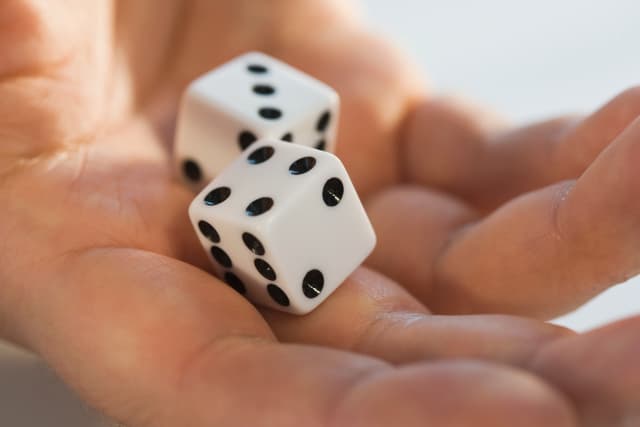bets on myself



In general it is useful to have good estimates on the probabilities of future outcomes. Too often we take things for granted - things will definitely happen or they definitely won't happen. Philosophical questions of determinism aside, it is true that the world appears random to us. There are things that, even if are entirely deterministic (i.e. the state of the world in some future time is explicitly a function of the state of the world now), our brains are simply just not capable, whatsoever, of making that computation. Therefore, if we need to make decisions about an uncertain future, we should rely on expected value
Expected value is basically the "utility" (which has a formal mathematical definition, but for the purposes here I will mean only as a scalar value that determines the extent to which an outcome benefits or harms me) I will get on average if I were to run a simulation of this future event a large number of times. Remember that in this case, we're saying with the information I have! If the world were deterministic, and we had all the information, then in theory there is just one single outcome. But in our current world, when I say "probability", I refer to the fact that with the information one can feasibly know, there is some distribution of possible outcomes that will happen with different frequencies.
To get better at probability estimates, you need to make a lot of bets. Why? Bets force you to put skin in the game, and this implicitly causes you to think more clearly. Additionally, bets have a clear probability associated with them. If I expect the probability of an outcome to be "p", and the probability of the opposite of that outcome to be (1-p), then a fair bet is one in which the expected value is zero. Both sides can expect to neither make nor lose money in the long term. If another person is offering you odds that are greater, you should take that bet!
Steps:
- estimate the win prob as "p"
- take ratio of p / (1-p)
- take ratio of your_bet / other_bet
These numbers are useful: if you are 9x as likely to win, then you should need to bet 9x the amount that the other person would have to. Any time this ratio ceases to be the case, such as when you only need to bet 8x the amount, then it is positive expected value bet because you are risking a lot less. Odds are also useful becuase they are unitless! They also "combine" information into a useful single number that makes it easier to actually make the decision
Here is a list of current bets on my life. For anyone who is close to me, if you think these estimates are off, shoot me a text & we'll formalise the bet :)
(an easy way to do this is to also make sure they sum to 10 so you can compute the probabilities in your head easier)
- P(finish half-ironman) : 8 to 1
- P(move to nyc) : 4 to 1
- P(get into a car accident before leaving SF) : 1 to 9